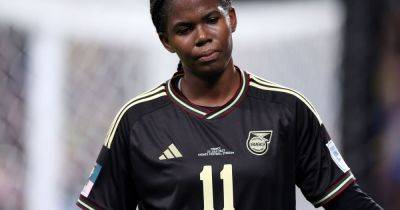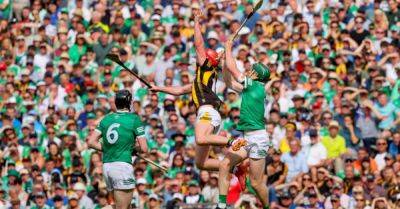On our mind: Could getting hit on the head during sport cause brain disease later?
A new take on research from the last five years means that the rules of sports may be about to change — and could see players spending more time off the field.
In June, the Concussion in Sports Group (CISG), a network of head injury experts and who set the standard for how these injuries are treated in sports, said for the first time that repeatedly getting knocked on the head may be “potentially associated” with someone developing an untreatable brain disease called chronic traumatic encephalopathy (CTE).
CTE, which can only be diagnosed after death, is a condition that causes memory loss, changes in personality and violent behaviour, and has been found mostly in people with a history of head injuries.
In the past, experts have also looked at whether there could be a link between playing contact sports and the chance of someone developing other types of brain diseases, such as dementia, Parkinson’s or amyotrophic lateral sclerosis (ALS).
With ALS, the nerves that control how the body’s muscles move start to die, and as with CTE it gets worse over time. Former South African rugby player Joost van der Westhuizen died of this condition in 2017.
Head injuries in sports have been big news lately. A group of former rugby players — including both amateur and professional athletes — claim their brain damage is because of injuries from play and are suing World Rugby for not making the rules of the sport safer. Former New Zealand player Carl Hayman, 41, who has been diagnosed with early-onset dementia and probable CTE, is part of the lawsuit.
The sport group’s move marks an about-turn since their last statement in 2017, in which they said there isn’t enough evidence to prove the brain disease is caused by frequent hits to the head.





